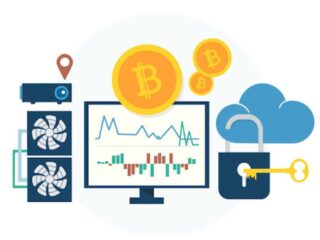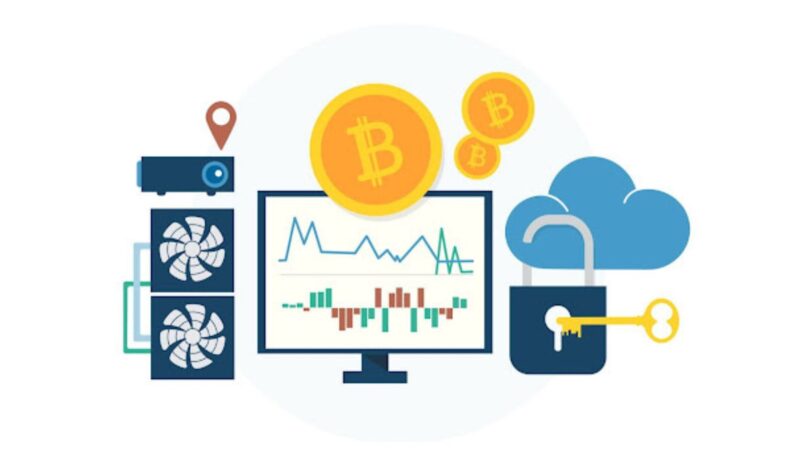
In today’s rapidly evolving world, technology has become an integral part of our daily lives, transforming various industries in unprecedented ways. One sector that has experienced a profound impact is security. From protecting physical assets to safeguarding digital information, technological advancements have revolutionized the way security is approached and implemented.
Gone are the days of relying solely on traditional security measures such as guards, locks, and alarms. The advent of innovative technologies has ushered in a new era, empowering security professionals with an arsenal of cutting-edge tools to combat emerging threats and ensure the safety of individuals, organizations, and nations.
In this article, we delve into the exciting ways technology is transforming the security sector. We explore how the convergence of artificial intelligence (AI), the Internet of Things (IoT), data analytics, and cybersecurity tools like passwordless authentication is reshaping the landscape of security, unlocking unprecedented levels of efficiency, accuracy, and effectiveness.
Smart Surveillance: Enhanced Eyes and Ears
One of the most noticeable advancements in security technology is the evolution of surveillance systems. Traditional closed-circuit television (CCTV) cameras have been superseded by intelligent video analytics powered by AI and machine learning algorithms. These advanced systems can detect suspicious behavior, recognize faces, and even identify potential threats in real time, enabling proactive response and deterring criminal activities.
Biometric Authentication: The Rise of Personal Identification
In an age where traditional passwords and identification methods can be easily compromised, biometric authentication has emerged as a reliable and secure alternative.

Technologies such as fingerprint scanners, facial recognition, and iris scans offer unique and unforgeable identification, making access control systems more robust and foolproof.
Cybersecurity: Safeguarding the Digital Frontier
With the increasing digitization of information and the rise of cyber threats, cybersecurity has become a paramount concern. Organizations now heavily rely on advanced technologies like firewalls, intrusion detection systems, and encryption algorithms to protect their valuable data from malicious actors. Additionally, AI-powered systems can identify and neutralize cyber threats in real time, enabling a proactive defense against sophisticated attacks.
Predictive Analytics: Anticipating and Preventing Threats
Through the integration of big data analytics and AI algorithms, security professionals can now leverage predictive analytics to identify patterns, detect anomalies, and anticipate potential threats. By analyzing vast amounts of data from various sources, such as social media, sensors, and historical records, security systems can predict and prevent security breaches before they occur, revolutionizing the proactive nature of security operations.
How Technology is Reshaping the Approach to Firearms and Ammunition for Security Professionals
In addition to the aforementioned advancements, technology has also had a profound impact on the approach to firearms and weapon systems within the security sector. The integration of smart technologies and sensors into firearms has revolutionized their functionality, safety, and control. Smart guns equipped with biometric authentication and RFID technology ensure that only authorized individuals can operate them, reducing the risk of unauthorized access or misuse. Furthermore, the development of smart ammunition and tracking systems enables precise tracking and monitoring of firearm usage, facilitating accountability and preventing illegal activities. These advancements not only enhance the safety and efficiency of security personnel but also contribute to the overall reduction of firearm-related incidents and the protection of civilian populations. In companies like Natchez reloading supplies have been adapted to the requirements of the technological revolution.

Technology’s transformative influence on the security sector cannot be overstated. As new innovations continue to emerge, security professionals are empowered with an unprecedented level of situational awareness and control. From enhanced surveillance and biometric authentication to robust cybersecurity and predictive analytics, technology is reshaping security operations, making them more effective, efficient, and adaptable to the ever-evolving threat landscape.
While embracing these advancements, it is crucial to strike a balance between leveraging technology’s benefits and addressing potential ethical concerns, privacy issues, and the risk of over-reliance. As we navigate this technological revolution, it is essential to embrace the transformative power of technology while ensuring that its implementation aligns with the values of safety, privacy, and the protection of individual rights.












